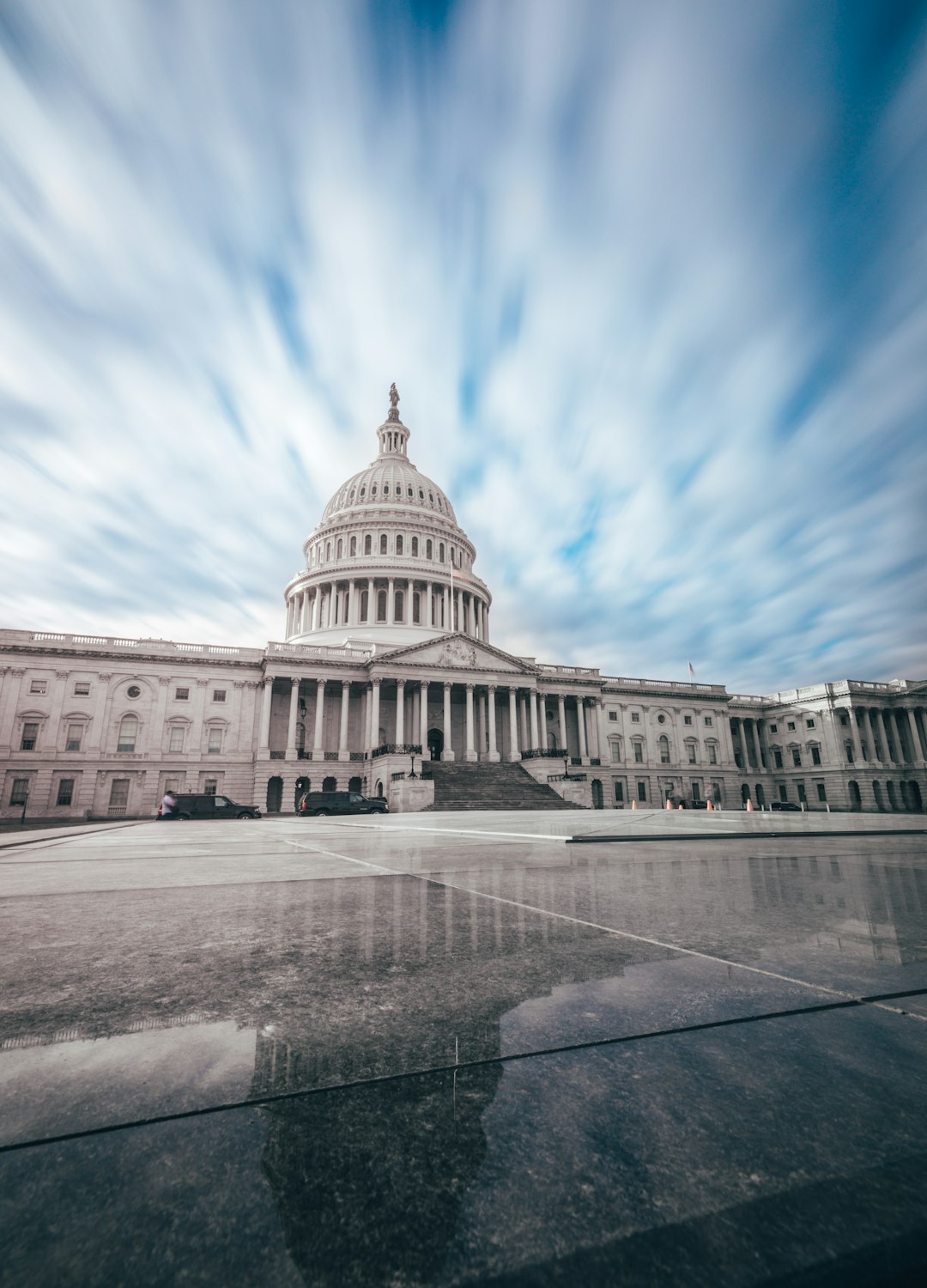Hazing-related sexual assault in Washington is a serious crime with severe legal consequences. Victims have rights and should immediately consult experienced hazing abuse attorneys who specialize in these cases, offering guidance, investigating incidents, gathering evidence, negotiating compensation, and ensuring justice. Time limits apply, so acting promptly is crucial when seeking redress through civil lawsuits. These attorneys play a vital role in protecting victims' rights and holding perpetrators accountable in Washington state.
In Washington, hazing and sexual assault are serious issues with significant legal ramifications. This comprehensive guide explores these complex topics, providing vital information for both victims and those seeking justice. We delve into understanding hazing, its legal definitions, and the specific laws protecting individuals in Washington state. Additionally, we offer a step-by-step navigation system for victims considering sexual assault claims and highlight the crucial role a hazing abuse attorney plays in these sensitive cases.
Understanding Hazing and Its Legal Ramifications in Washington

Hazing, a disturbing practice prevalent in various social and organizational settings, refers to the initiation or punishment rituals that often involve humiliation, physical abuse, or other harmful acts. In Washington, hazing is not only illegal but also carries severe legal consequences, especially when it escalates into sexual assault. The state has stringent laws in place to protect individuals from such atrocities, making it imperative for victims to seek help from experienced hazing abuse attorneys in Washington.
When hazing crosses the line and results in physical or emotional harm, including non-consensual sexual acts, victims may have legal recourse. These cases are complex and often require meticulous investigation to gather evidence and prove liability. A qualified hazing abuse attorney in Washington can guide victims through this challenging process, ensuring their rights are protected and they receive the justice they deserve.
Navigating Sexual Assault Claims: A Guide for Victims in Washington

Navigating a sexual assault claim can be an overwhelming and confusing process, especially in the state of Washington. If you’ve experienced hazing abuse at the hands of another individual or organization, it’s crucial to understand your rights and legal options. In Washington, victims of sexual assault have specific protections and resources available to help them seek justice and healing.
The first step is to contact a reputable hazing abuse attorney in Washington who specializes in these types of cases. They can provide guidance tailored to your situation, ensuring you understand the legal process and potential outcomes. With their support, victims can file a civil lawsuit against the responsible parties, seeking compensation for physical and emotional injuries caused by the assault. It’s essential to act promptly, as there are time limits for filing claims, and an experienced attorney will help navigate these legal requirements effectively.
The Role of a Hazing Abuse Attorney in Washington Cases

In Washington, where hazing and sexual assault cases are increasingly coming to light, a dedicated hazing abuse attorney plays a pivotal role in seeking justice for victims. These legal professionals possess specialized knowledge and expertise in navigating the complex web of laws pertaining to hazing activities and their subsequent consequences, especially when they lead to sexual assault. They are well-versed in Washington state’s legal framework, which has strict regulations against hazing and the protection of individuals from sexual harassment and assault.
A hazing abuse attorney in Washington guides victims through the legal process, ensuring their rights are protected. They investigate the incident, gathering evidence and witness statements to build a strong case. These attorneys then strategize and negotiate with insurance companies or organizations on behalf of the client, aiming for fair compensation and accountability. Moreover, they provide emotional support, ensuring victims feel heard and understood throughout the legal journey.





